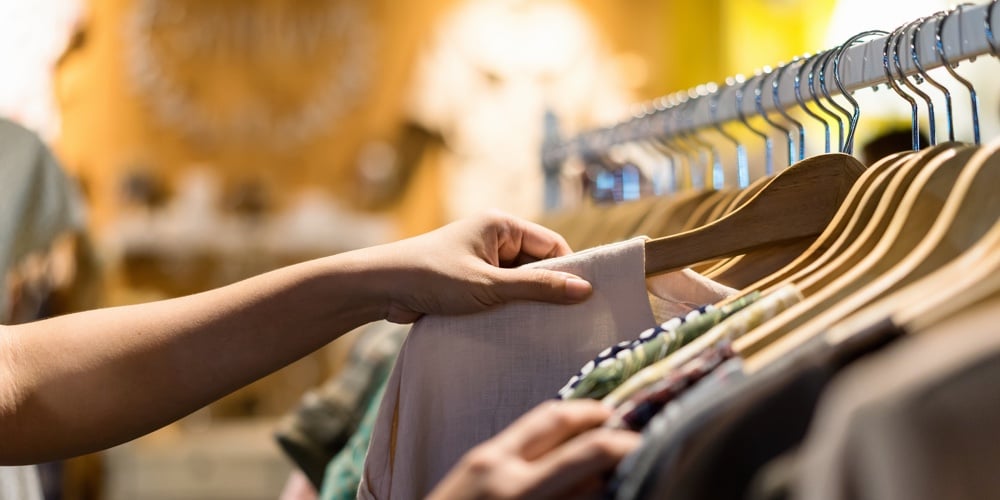Frugal is the new sexy

In case you needed another reason to save, a recent Slickdeals.com survey finds that being frugal is attractive to potential partners.
That’s right, 92% percent of Americans said they find frugality attractive. Who knew? Seventy-nine percent of those surveyed even gave the thumbs up to using a coupon on a first date.
Forget making it rain on a first date; 66% of those surveyed said throwing lots of money around on a date is a turn-off. Equally unattractive? Bragging about money on a first date.
What’s going on?
Slickdeals CEO Josh Meyers said he thinks the rising appreciation for frugality has to do withthe concept of smart purchase decisions. Plus, looking for deals or coupons has become more mainstream with the growth of apps like Groupon.
He added it helps that as people mature and age they become more frugal. It may also be case of once bitten, twice shy. Six in 10 of those surveyed reported having negative experiences with partners who were reckless with money in the past as a reason for moving “fiscally responsible” up the ranks in attractive potential partner traits.
Also, the survey found people think there’s a difference between being cheap and frugal. Someone who knows how to live well with less is frugal. A person who re-gifts? Cheap.
Do you agree with these survey findings of the fine line between cheap and frugal?
Cheap
Not leaving a tip at all (regardless of service) (75%)
Reusing tea bags or coffee filters (60%)
Calculating your part of a group bill to the cent (52%)
Lengthening longevity of soap by diluting soap bottles with water (49%)
Re-gifting (44%)
Always tipping 15% even if service is outstanding (41%)
Eating food a few days past its expiration date (35%)
Declining to be part of rounds at a bar (35%)
Frugal
Seeking out deals or coupons for all purchases (72%)
Regularly tracking electricity use (70%)
Buy clothes at department stores like Kmart, Walmart, etc. (67%)
Buying off-brand food products (65%)
Shopping at second-hand clothing stores (63%)
Regularly tracking the home thermostat (62%)
Watching movies at home instead of in the theatre (61%)
Only having alcohol at home (51%)
Buying no-name electronics (51%)
Keeping outdated or worn out electronics that barely work (39%)

